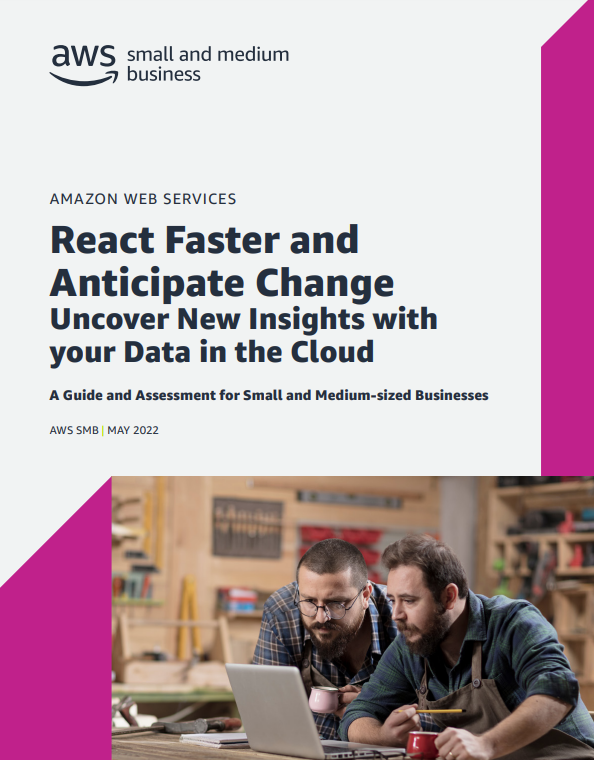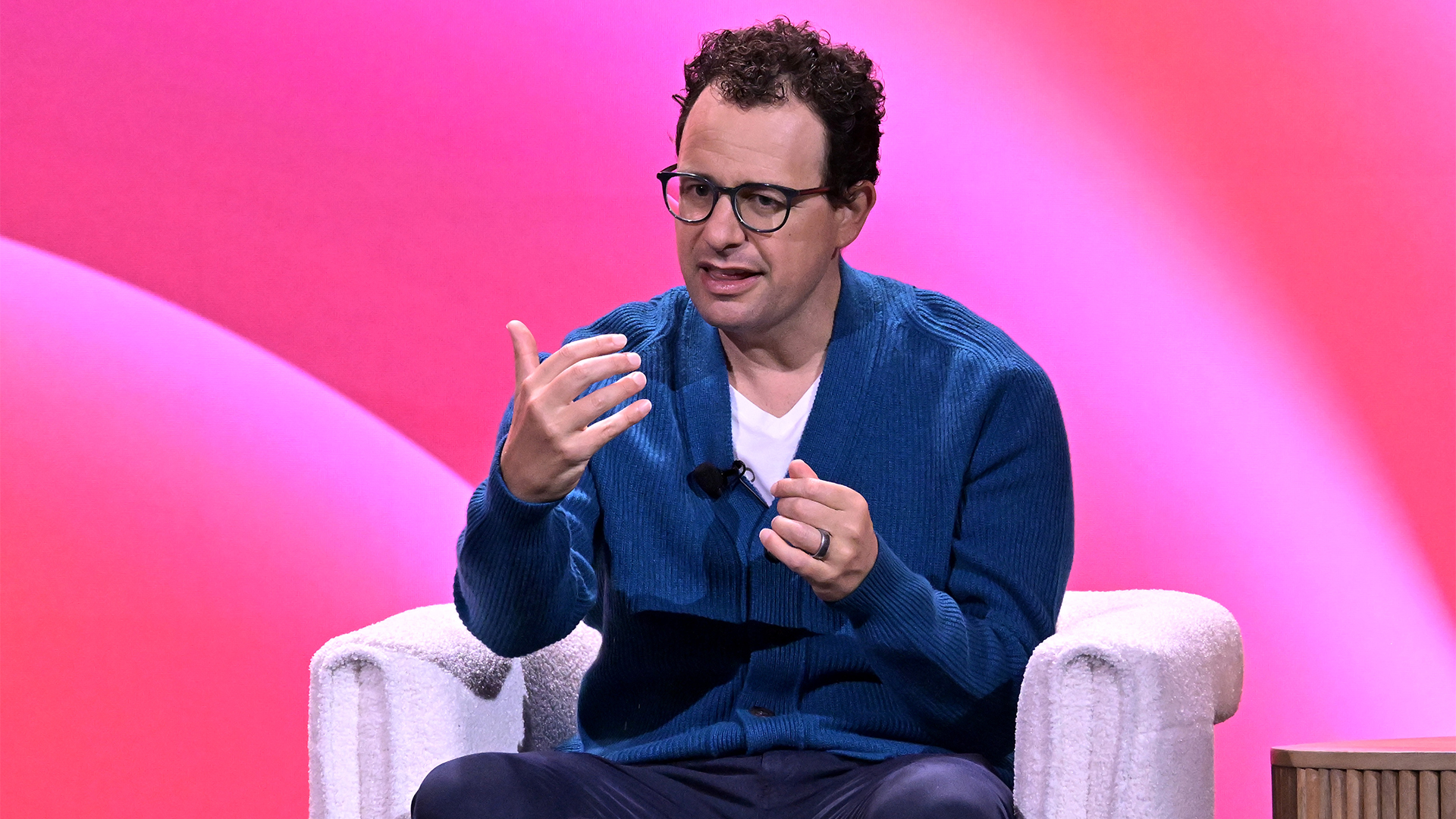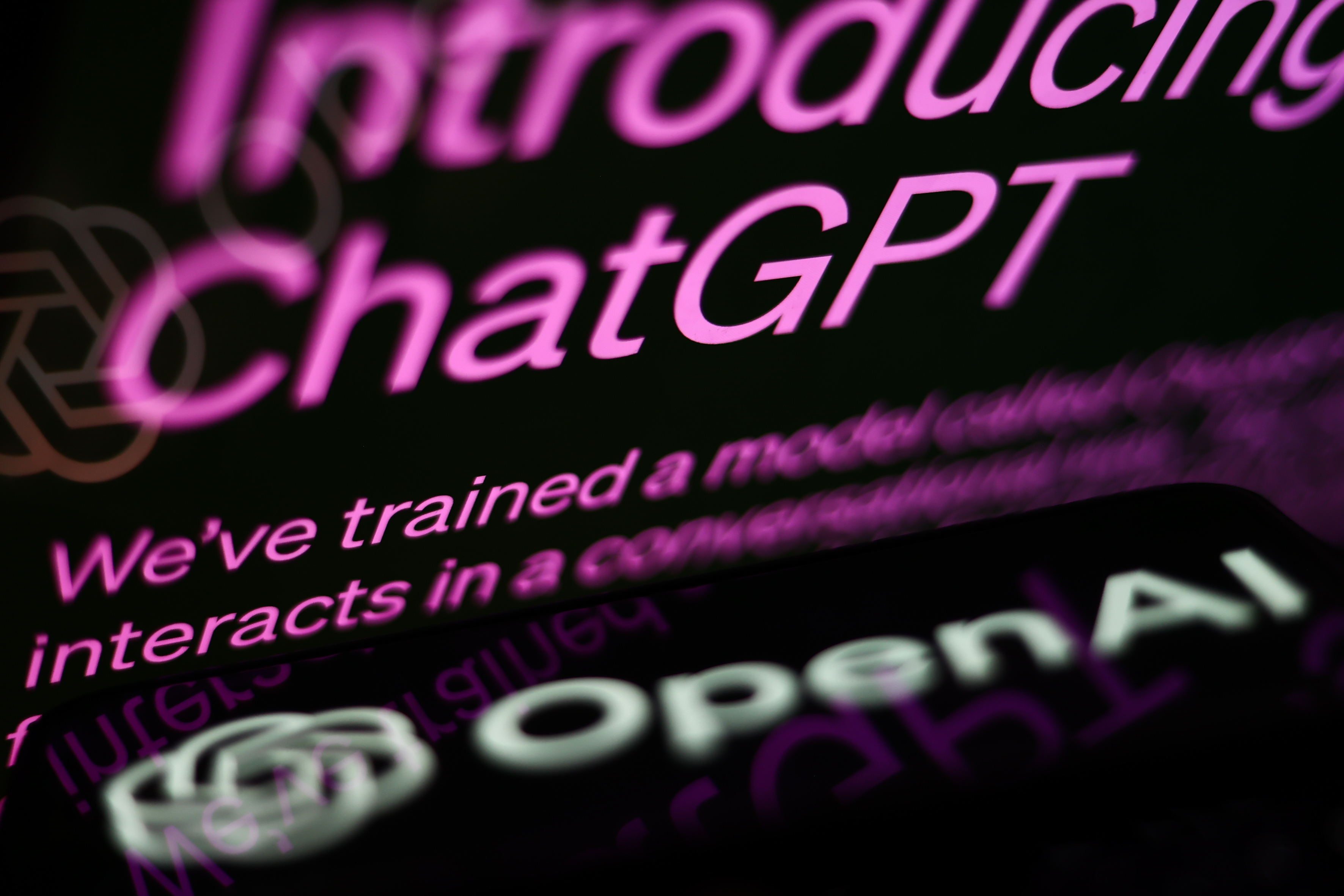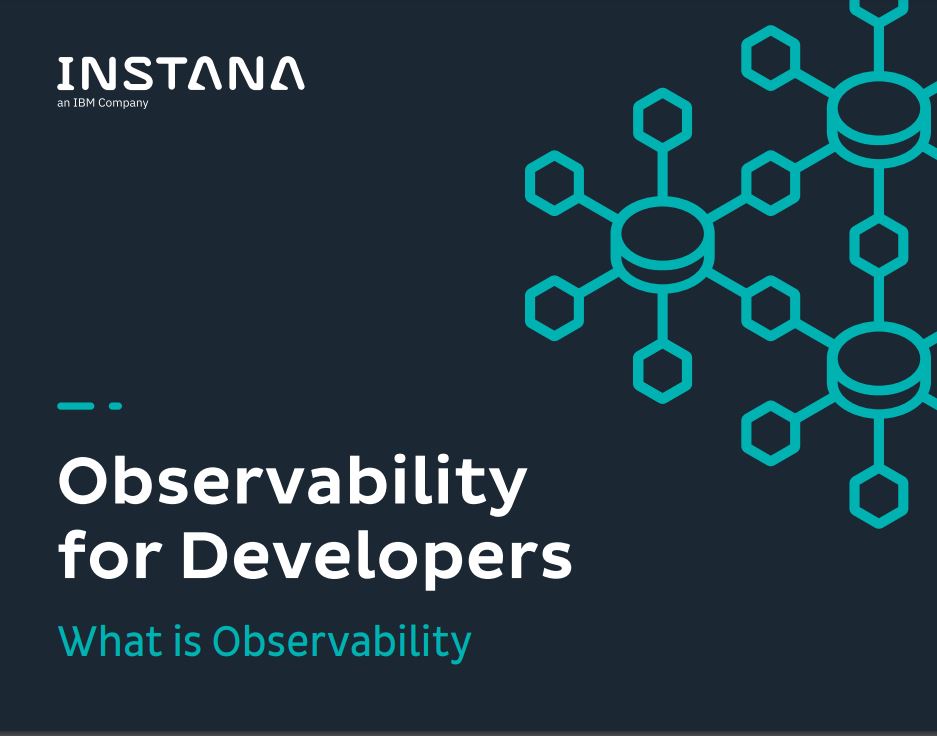Can Google Cloud realistically challenge GitHub Copilot with its Replit partnership?
Replit’s 20 million-strong developer base brings “added leverage and an established community” which could challenge Microsoft’s dominance


Sign up today and you will receive a free copy of our Future Focus 2025 report - the leading guidance on AI, cybersecurity and other IT challenges as per 700+ senior executives
You are now subscribed
Your newsletter sign-up was successful
Google Cloud has partnered with Replit to create generative AI applications which will help the coding platform to build “bigger and faster”.
Without mentioning it specifically, the partnership appears to be a sign of Google trying to chase Microsoft's heels as its Copilot-branded AI technology seeps deeper into its product line.
Copilot was first introduced to GitHub in 2021 as an AI pair programming assistant and quickly gained wide popularity among software developers for its ability to augment and hasten application and web development processes.
Google has also been playing a game of catchup with Microsoft ever since the latter announced its $10 billion investment into OpenAI, shortly after ChatGPT took off. Google was forced to down tools, upend internal teams, and declare a 'code red' situation to counter the threat posed by Microsoft's rapid expansion into the generative AI space.
It launched Bard, Google's own generative AI to rival ChatGPT, but its launch was fraught with flaws and ultimately rushed to simply be part of the conversation.
Now, with its latest partnership, the 20 million developers on Replit's platform will be able to deploy and scale their applications on Google Cloud, while benefitting from Replit's own AI pair programmer, Ghostwriter.
“Our partnership with Google Cloud on infrastructure and AI is a clear step toward our mission of bringing the next billion software creators online. AI has changed software development forever. The seamless idea-to-deployed software experience that Replit provides developers will continue to set a new bar for software creation,” said Amjad Masad, the CEO and head of engineering at Replit. “We’re thrilled to build this.”
Sign up today and you will receive a free copy of our Future Focus 2025 report - the leading guidance on AI, cybersecurity and other IT challenges as per 700+ senior executives
Ghostwriter currently generates over 30% of the code for developers who use Replit, a similar figure to GitHub Copilot which by the company's estimates generates 46% of the code across projects on the platform.
Replit's developers will have access to Google’s infrastructure as well as its foundation models on Vertex AI. The two companies are aiming to accelerate developers’ AI development process through the partnership.
Ghostwriter was launched in 2022 and fully integrated into Replit's browser-based integrated development environment (IDE) in January 2023.
Like Copilot, Ghostwriter offers similar code-debugging and error-solving capabilities delivered through a natural language processing (NLP) prompt.
But with Copilot already amassing a significant user base and having been in development for longer than Ghostwriter, not to mention being integrated into the world's leading version control platform, does Ghostwriter have a realistic chance shot at taking on Copilot and succeeding?
Bola Rotibi, chief of enterprise research at CCS Insight, told ITPro that the partnership was a "necessary" one and that despite GitHub's market dominance, Replit's large user base could mean it will be a serious force in the future.
“In this light, Google and Replit’s partnership can be seen as a necessary move and hook up in the face of Microsoft’s developer community dominance and the launch of GitHub Copilot which is served by OpenAI’s LLM ChatGPT,” she said. “Replit’s supposed 20 million developer base brings added leverage and an established community to Google’s cloud platform services: now that alone can’t be sniffed at.
“The Google and Replit partnership is in direct competition with Copilot and expect this to be just the start of this embedded new capability in the drive to deliver application code faster, with improved quality that raises the productivity of the development process and developers,” said Rotibi.
Rotibi called this the “next stage of this evolutionary thread”, citing the news that GitHub has released Copilot X, which will see it adopt OpenAI’s GPT-4 model to introduce chat and voice for Copilot across the whole application lifecycle process.
RELATED RESOURCE

Uncover new insights with your data in the cloud
React faster and anticipate change - A guide and assessment for SMBs
Replit and Google may have serious potential in this market, but that does nothing to dampen the fact that GitHub got in first, and that its Copilot user base is both huge and devoted.
ITPro attended GitHub Universe in 2022 and Copilot, over a year after launch, remained the talk of the event. And the tool is only getting stronger with each passing iteration.
What's undeniable is that Replit and Google have a mountain to climb, but they do have pedigree and a great platform to build from.
Copilot is adored in the developer community, but it isn't perfect. This is one area in which the pair could target, perhaps aiming to become the most accurate solution, the one that supports the largest number of programming languages, or the one that can generate the most complex solutions - something with which Copilot can, at times, struggle.
If Replit and Google's technology can target Copilot's weaknesses and become a trusted companion for developers on specific tasks, as well as build a comparably powerful and easy-to-use product, then with time, it has serious potential to claim some of Copilot's majority market share. But, for now, I wouldn't expect Copilot to be too fearful.
Zach Marzouk is a former ITPro, CloudPro, and ChannelPro staff writer, covering topics like security, privacy, worker rights, and startups, primarily in the Asia Pacific and the US regions. Zach joined ITPro in 2017 where he was introduced to the world of B2B technology as a junior staff writer, before he returned to Argentina in 2018, working in communications and as a copywriter. In 2021, he made his way back to ITPro as a staff writer during the pandemic, before joining the world of freelance in 2022.
-
 ITPro Excellence Awards winners unveiled
ITPro Excellence Awards winners unveiledIt's time to celebrate excellence in IT. Read on for the full list of winners...
-
 This new mobile compromise toolkit enables spyware, surveillance, and data theft
This new mobile compromise toolkit enables spyware, surveillance, and data theftNews The professional package allows even unsophisticated attackers to take full control of devices
-
 Anthropic CEO Dario Amodei's prediction about AI in software development is nowhere nearly to becoming a reality
Anthropic CEO Dario Amodei's prediction about AI in software development is nowhere nearly to becoming a realityNews In March, Anthropic CEO Dario Amodei claimed up to 90% of code would be written by AI within six months – his prediction hasn't quite come to fruition.
-
 The Replit vibe coding incident gives us a glimpse into why developers are still wary of AI coding assistants
The Replit vibe coding incident gives us a glimpse into why developers are still wary of AI coding assistantsNews Recent vibe coding snafus highlight the risks of AI coding assistants
-
 ChatGPT gives wrong answers to programming questions more than 50% of the time
ChatGPT gives wrong answers to programming questions more than 50% of the timeNews Some developers may be placing too much faith in generative AI, experts warn
-
 Observability for developers
Observability for developersWhitepaper What is observability
-
 AWS Bedrock distances firm from Microsoft, Google in generative AI race
AWS Bedrock distances firm from Microsoft, Google in generative AI raceNews AWS Bedrock's ‘developer-first approach’ aims to offer businesses the easiest way to build unique AI applications
-
 GitHub launches latest version of Copilot with GPT-4-powered features
GitHub launches latest version of Copilot with GPT-4-powered featuresNews The open source platform promised a "ChatGPT-like experience" for developers with an AI chat interface embedded within their IDEs
-
 GitHub Copilot for Business launches with new features for securer code, best-ever AI
GitHub Copilot for Business launches with new features for securer code, best-ever AINews Businesses can make use of exclusive features and easily subscribe to the service for the first time
-
 Developers more likely to introduce security vulnerabilities in code when using AI assistants
Developers more likely to introduce security vulnerabilities in code when using AI assistantsNews The findings come as an increasing number of developers turn to AI pair programmers due to productivity benefits
